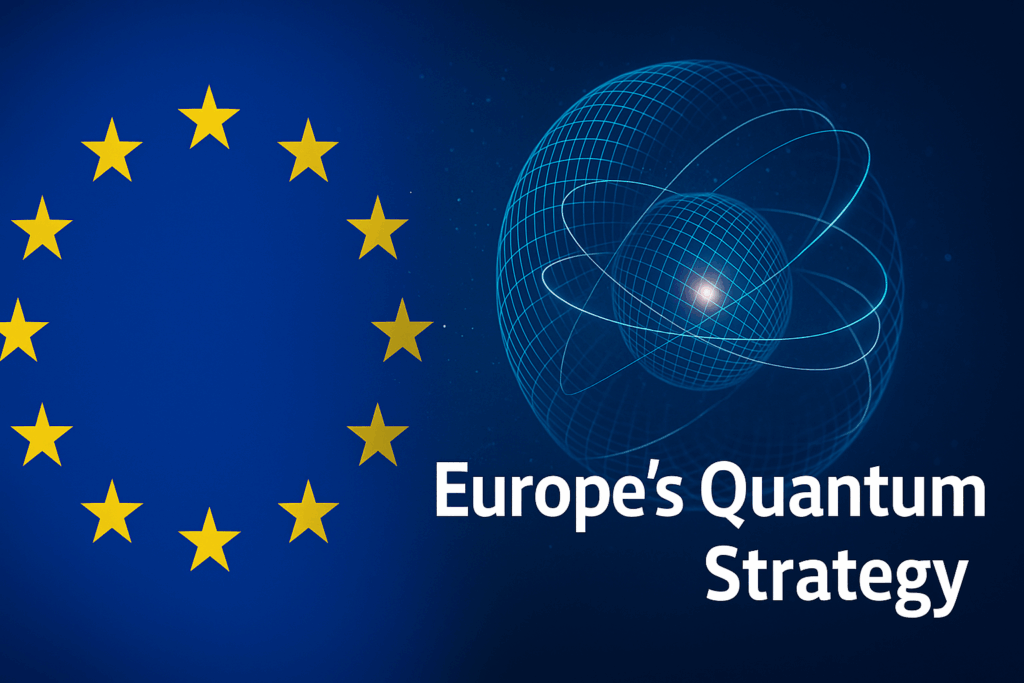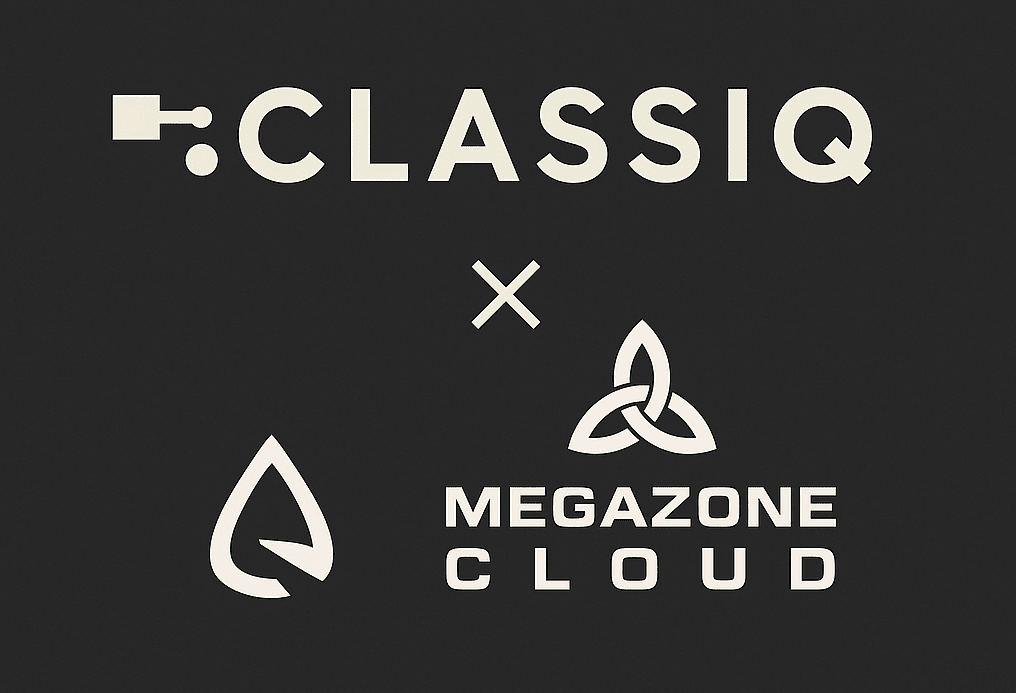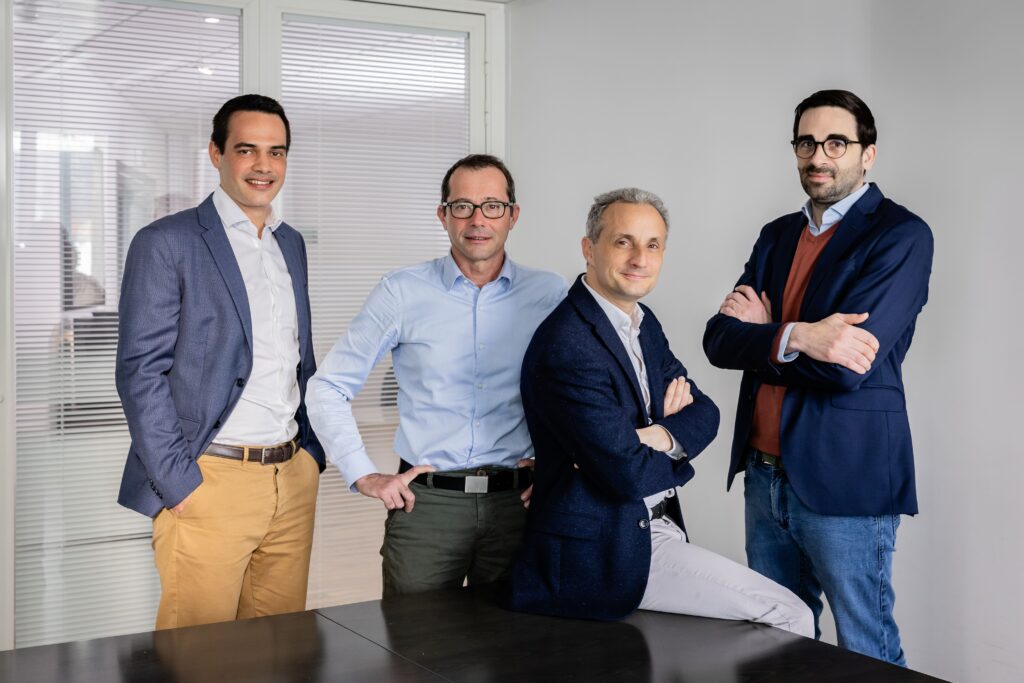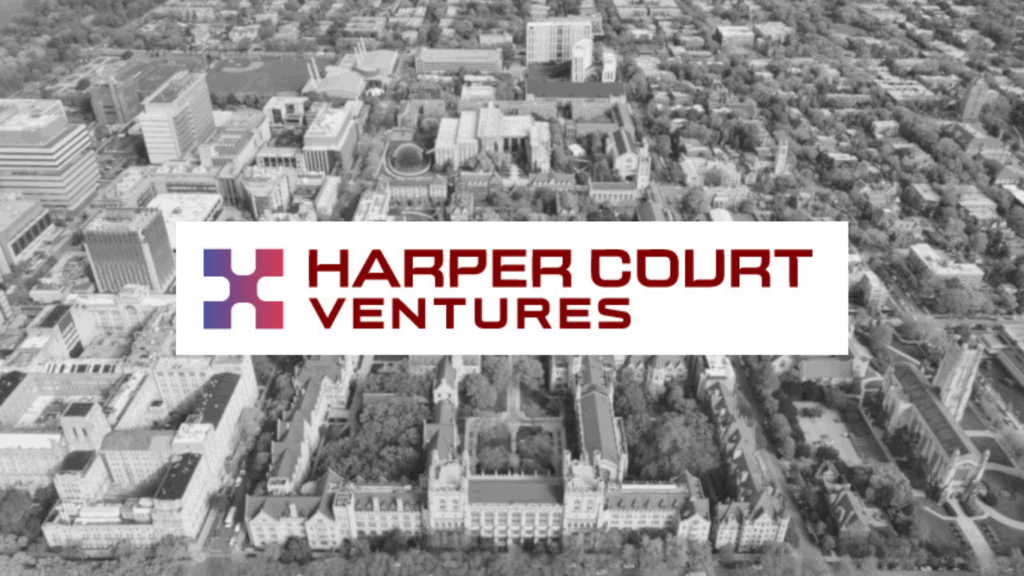History of Quantum Computing Efforts in Canada
Canada is one of the leading countries when it comes to research and the commercial aspects of quantum computing (QC).
According to an article written by Photonic inc.’s founder Stephanie Simmons and published in Phys.org this November, quantum technology in the country […] “needs to move beyond research and development and accelerate a quantum ecosystem that includes a strong talent pipeline, businesses supported by supply chains and governments and industry involvement.”
With several quantum research institutes and labs, including Simmons’ very own Silicon Quantum Technologies Lab at Simon Fraser University, Canada can also take pride in the research efforts being done in the sector at places like the Université de Sherbrooke — EPIQ, Université de Sherbrooke — Institut quantique, the University of British Columbia — Advanced Materials and Process Engineering Laboratory (AMPEL), the University of British Columbia — Quantum Information Science, the University of British Columbia — Quantum Matter institute, the University of Calgary — Institute for Quantum Science and Technology, the University of Toronto — Centre for Quantum Information and Quantum Control, and finally the University of Waterloo — Institute for Quantum Computing.
Furthermore, it is in the top ten countries worldwide in planned public funding for quantum technology at more than $600 million, a number that is growing but still behind China with $15 billion, the EU with $7.2 billion and the US with $1.3 billion, according to a McKinsey report.

Canada is also the home of the first quantum computing company in existence, D-Wave (see below), and presently the birthplace to more than two dozen quantum computing startups.
Geographically, Canada is leading the pack as well, home to Quantum Valley, the name for the area within the province of Ontario that stretches roughly from Waterloo to Toronto, where many of its quantum startups, incubators, accelerators, venture capitalists, and research institutes are located.
The provinces of British Colombia, Quebec and Alberta would argue about that, as they have their fair share of activity, too.
Other Ecosystem Players

Another player in Canada is The Creative Destruction Lab (CDL), a seed-stage program for ‘massively scalable, science- and technology-based companies’. The CDL Quantum Stream involves an intensive four-week technical and business quantum bootcamp instructed by industry and academic leaders in quantum technologies and machine learning, followed by five objective-setting sessions over eight months.
To date, CDL’s Quantum Stream has included some fifty startups, an impressive number.
Another Regional Quantum Initiative in British Columbia, part of the Government of Canada’s National Quantum Strategy. This fund will help companies and not-for-profit organizations advance and commercialize quantum products and solutions for domestic and global markets. Areas of focus for the initiative include quantum computing, quantum sensing, quantum communication technology, and quantum materials.
25 Canada-based Quantum Computer Companies
We will now highlight the companies and startups in the country. All these are listed in alphabetical order.
1. 1QBit

Founded in 2012 by Andrew Fursman and Landon Downs, Vancouver-based 1QBit develops general-purpose algorithms for quantum computing hardware. Initially, 1QBit’s focus was on NISQ-era applications but it has increasingly moved now to providing enabling software across the stack.
1QBit is effectively now an incubation unit for other companies focused on quantum technology, having spun off Synthesise (medical technology solutions and an operator of distributed radiology, medical imaging, and laboratory clinics) and Good Chemistry (focuses on utilizing quantum computing for computational chemistry).
1QBit has raised more than $35 million in funding to date.
2. Abaqus
Abaqus is a Vancouver-based startup founded in 2021 by David Isaac and Chris Coleman that is building a research platform to enable financial organizations to explore, experiment and deploy quantum computing for risk management, optimization, and pricing.
Abaqus’ team consists of individual physicists, quantum computing specialists and Quant finance experts.
3. Agnostiq

Agnostiq is a graduate of the University of Toronto’s Creative Destruction Lab. Founded by Oktay Gotkas, Elliot MacGowan and Edwin Tham in 2018, Agnostiq develops software tools that make quantum and high-performance computing resources more accessible to enterprises and developers. Along with its algorithmic research, Agnostiq is developing Covalent, an open source workflow orchestration platform designed to help users manage and execute tasks on heterogeneous compute resources.
4. Anyon Systems
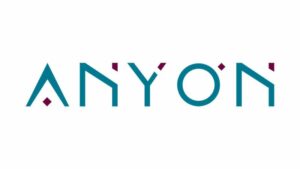
Anyon Systems build the whole stack of chips, control electronics and dilutions fridges. They have sold and delivered a quantum computer to a Canadian government entity and are now working on delivery a full quantum computer to a HPC centre. The business also served Google as part of their landmark research work. They see QC as a complex engineering problem and believe this is best approached by being vertically integrated.
The business has developed Qube™, an all-in-one superconducting quantum computer that integrates seamlessly into existing High Performance Computing (HPC) centers. The system’s cryogenic and electronics systems are packaged in a stand-alone unit. A modular design facilitates shipping, assembly, testing, and servicing. The Qube™ comes with a user-friendly human machine interface and requires minimal maintenance thanks to our closed-cycle cryogenic system. The system was designed to be scalable such that it can be upgraded with quantum chips with increasing numbers of qubits.
They have also developed Snowflake™, an open-source software library for creating quantum circuits and running them on quantum computers and quantum simulators.
5. Artiste-qb.net
Founders Henning Dekant, Simon Bermudez, Robert Tucci, and Tao Yin set up Artiste-qb.net to allow customers to create and curate an Open Source analytics platform that empowers data scientists to augment Python into a full-blown Quantum Computing toolbox. Recognizing the R&D challenges companies face daily, the startup’s products include Quantum Fog, Quantum Edward, Qubiter, and Bayesforge, all available to access via GitHub.
6. Boxcat
A Toronto-based startup, Boxcat was founded by Ystallonne Alves and Robert Stanica in 2017 and named in honour of Erwin Schrödinger’s famous thought experiment.
Boxcat boasts to be the first company in the world to render an image using a quantum computer. Innovating and transforming rendering strategies for image and video-reliant industries by adapting critical components within digital imaging engines to quantum computing calculations, Boxcat’s customer base seems to be the media and medical imaging industries.
7. CogniFrame

A founding member of Quantum Industry Canada that was established by Visweswaran Vish R in 2016, CogniFrame improves customers’ outcomes through the use of ML and Quantum Optimization or Simulation under a Hybrid Model. Using what the startup calls “Financial Services Operating Layer” that sits on top of Quantum Cloud, CogniFrame is in the business of trying to solve NP-Hard, intractable and computationally intensive optimization and simulation problems to serve the global financial industry.
8. D-Wave
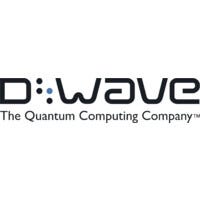
The name D-Wave needs no introduction in quantum computing circles. Founded back in 1999 by Haig Farris, Geordie Rose, Bob Wiens, and Alexandre Zagoskin, D-Wave is widely regarded as the world’s first commercial pure-play QC company.
Employing an approach called Quantum Annealing (QA), an optimization process for finding the global minimum of a given objective function over a given set of candidate solutions by a process using quantum fluctuations, the basic Quantum Annealing idea is to encode the problem into the energy levels of the material, and then allow the material to reach its lowest energy state, which corresponds to the solution of the problem.
Furthermore, D-Wave’s gate-model program is focusing on building a scalable gate-based quantum computer in a multi-layer fabrication stack.
As of 2022, D-Wave announced in June an experimental prototype of the next-generation Advantage2 annealing quantum computer in the Leap™ quantum cloud service.
The D-Wave computer prototype has 500 plus qubits, woven together in the new Zephyr topology with 20-way inter-qubit connectivity and enabled by an innovative new qubit design with the final version, expected to feature 7000 qubits — a significant improvement on qubit number since the current Advantage iteration — will have a new qubit design, enabling 20-way connectivity between qubits in a new topology.
Along with this, the company offers a Quantum Cloud service called Leap™, which offers real-time access to its Advantage quantum computer and quantum hybrid solver service, all with enterprise-class performance and scalability.
D-Wave has also raised close to $300 million in funding to date.
9. Entangled Networks
Based out of Toronto, Entangled Networks was founded in 2021 by Aharon Brodutch and Ilia Khait to develop an optical quantum interconnect fabric, and supporting software stack to enable, manage, and optimize multi-QPU computation.
10. evolutionQ

evolutionQ is a Kitchener-Waterloo-based company pioneering the development of quantum-safe cybersecurity products founded by Michele Mosca and Norbert Lütkenhaus back in 2015.
To date, the company has raised a total of CA$7 million in funding.
11. Good Chemistry Company
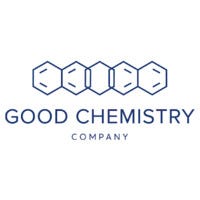
Good Chemistry Company is a spinoff of leading quantum company 1QBit. Set up with the aim of using quantum chemistry, machine learning (ML) and QC to accelerate new materials design, Good Chemistry Company was founded by Arman Zaribafiyan in 2022.
Its core offering, the QEMIST Cloud — Accurate Computational Chemistry as a Service — is an engine that enables faster, more accurate, and scalable ways to perform computational chemistry simulations. Its new platform leverages easily and readily accessible computers on the cloud to perform chemistry simulations that were previously intractable even in expensive, high-performance computing environments
With some $5.6 million in total VC funding according to The Quantum Insider’s proprietary data platform, the quantum computing industry is on the rise.
12. InfinityQ

infinityQ is a female-founded and led, Montréal, Canada-based startup focused on developing quantum analog computing solutions. Its first-gen quantum-analog computer, infinityQube, uses analog electronics, operating at room temperature, to exploit certain quantum effects. infinityQ helps its clients solve highly complex problems across a range of industries including finance, pharmaceuticals, logistics and chemistry. infinityQube is available to the end consumer via the company’s cloud interface or on-prem integration.
Founded in 2020 by Aurelie Helouis, the startup’s flagship product infinityQube can outperform both classical CPUs and existing quantum computing devices for optimization problems — without the need for technical expertise in quantum mechanics and without cryogenics.
Founder Helouis and the team describe the startup’s approach as a new type of green tech, rooted in analog, adiabatic in nature, with the energy consumption of a desk lamp. infinityQube’s unique design supports flexible and highly scalable deployment.
13. ISARA
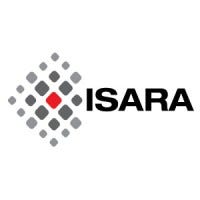
ISARA was founded by Scott Totzke and Mike Brown in 2015 in Waterloo, Ontario, in the heart of Quantum Valley.
With a focal point on ‘creating class-defining quantum encryption for today’s computing ecosystems’, ISARA collaborates its effort with academic institutions to increase awareness of what is inevitably coming on the horizon: a deep quantum threat. To combat this, the startup is designing ‘quantum-safe solutions for classical data security systems that will work globally’.
14. Menten AI
A biotech startup building a software platform for protein design utilizing next-generation technology like QC and ML, Menten AI was founded in 2018 by Hans Melo, Tamas Gorbe and Vikram Mulligan.
Achieving the first fully scalable algorithm for peptide and protein design on a quantum computer, they also created the first peptide designed on a quantum computer in the world, too.
To date, Menten AI has raised some $4 million in funding.
15. Netramark
Founded by Joseph Geraci in 2015, NetraMark combines proprietary QML/ML algorithms with multi-domain expertise to bring ML commercialization to reality. Using the pharmaceutical industry in drug development, resurrection and disease definition as a starting point, the startup is also working with several pharmaceutical companies to apply their technology at present.
Like several startups on the list, NetraMark is an alumnus of Toronto’s Creative Destruction Lab’s Quantum Machine Learning program.
As a side note, Nurosene — a health tech company focused on building a generation of better brains — acquired Netramark in October of this year.
16. Nord Quantique

Nord Quantique develops superconducting circuits that can mitigate errors on every individual qubit. The company claims it provides a faster pathway to fault-tolerant quantum computing. Nord Quantique is developing bosonic codes implemented with superconducting circuits, as bosonic systems naturally provide a richer encoding space, making it a lot easier to prevent noisy interactions to impact the system and produce errors, thus preserving quantum information. Superconducting circuits provide a complete toolbox for engineering high-performance bosonic codes.
Based in Sherbrooke, Canada, Nord Quantique was founded in 2020 by Julien Camirand Lemyre and Philippe St-Jean and has raised north of $7 million in funding.
17. Photonic Inc.

Based in Burnaby, Canada, Photonic Inc is a company focused on designing and manufacturing silicon-based, high-quality, quantum technologies. Photonic’s qubit is actually an electron spin — effectively they use photonics to wire these together.
With its origins in the Silicon Quantum Technology Lab at Simon Fraser University, Photonic was founded in 2019 by Paul Terry and Stephanie Simmons (mentioned above).
18. ProteinQure
ProteinQure is a biotech firm using its transformative approach in QC to perform drug design in silico by unlocking the potential of protein-based therapeutics.
Another graduate of the Creative Destruction Lab in Toronto, ProteinQure was founded in 2017 by Lucas Siow, Tomas Babej, Chris Ing, and Mark Fingerhuth and has raised more than $4 million in funding over three rounds.
19. QEYnet
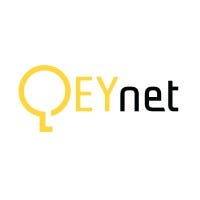
QEYnet is a quantum key distribution (QKD) network solutions startup offering a new era of ultra-secure communication.
QEYnet’s five-person founding team of Cordell Grant, Thomas Jennewein, Jennifer Elliott, Brendon Higgins, and Jean-Philippe Bourgoin — all a mixture of aerospace engineers and quantum communication experts — intend to position QEYnet on the market to offer reliable satellite-based QKD at a low cost.
20. Quantropi

An Ottawa-based, quantum-secure communications startup founded in 2018 by James Nguyen and Dr. Randy Kuang, Quantropi provides the world’s first digital quantum key distribution over the Internet.Quantropi’s commercially available QiSpace™ platform provides TrUE (Trust, Uncertainty, and Entropy) Quantum Security for IoT and Enterprise clients. Available through QiSpace™ is MASQ™ – Quantropi’s Trust offering – provides quantum-secure asymmetric encryption (novel PQC). QEEP™ – Quantropi’s Uncertainty offering – provides quantum-secure symmetric encryption that’s up to 18 times faster than AES-256. And SEQUR™ – Quantropi’s Entropy offering – provides quantum random number generation and quantum-secure distribution (Digital QKD) to enable the full security potential of current cryptographic algorithms.
21. Quantum Benchmark

Quantum Benchmark is a provider of software solutions that enable error characterization, error mitigation, error correction, and performance validation for quantum computing hardware. Its core product is True-Q which helps QC designers speed up the hardware design cycle.
Based in Kitchener, Canada, Quantum Benchmark was founded in 2017 by Joseph Emerson and has raised approximately $1 million in outside funding.
In 2021, the company was acquired by Keysight Technologies, Inc. (NYSE: KEYS), a leading technology company that delivers advanced design and validation solutions to help accelerate innovation to connect and secure the world. Quantum Benchmark represents Keysight’s third acquisition in the quantum space after Signadyne in 2016 and Labber Quantum in 2019.
22. Quantum Bridge Technologies
Founded in 2020 Mattia Montagna and based in Toronto, Quantum Bridge Technologies (QBT) is building the quantum Internet from both conventional and quantum technologies and tackling cutting-edge engineering and theoretical problems related to the generation and manipulation of quantum entanglement. In parallel to the development of Quantum Repeaters, QBT is developing core proprietary technologies to make current networks quantum resilient.
23. SoftwareQ
SoftwareQ is a Waterloo, Ontario-based startup founded in 2017 by Vlad Gheorghiu and Michele Mosca. A spinoff from the University of Waterloo, SoftwareQ has developed and advanced many of the textbook quantum algorithmic tools such as quantum eigenvalue estimation, quantum amplitude estimation, quantum state generation, and quantum search with imperfect queries.
24. Solid State AI
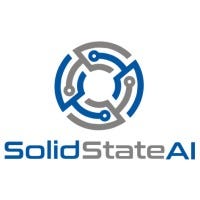
Like several others on the list, Solid State AI is an alumnus of Toronto’s Creative Destruction Lab’s Quantum Machine Learning program.
Solid State AI was founded by Abhi Rampal in 2017 and is building a software-as-a-service (SaaS) platform to “enable process and equipment engineers in complex manufacturing industries to increase manufacturing yields, optimize process parameters, and reduce equipment maintenance costs and downtime.”
25. Xanadu

Xanadu is a full-stack quantum company founded in 2016 by Christian Weedbrook. A world leader in photonic quantum hardware, Xanadu is building a quantum photonic processor and an open-source full-stack quantum software platform called Strawberry Fields for photonic quantum computing.
In June 2022, Xanadu’s Borealis programmable photonic quantum computer with 216 squeezed-state qubits demonstrated quantum computational advantage. The achievement was published in Nature and was a significant milestone on the path to building a large-scale, fault-tolerant quantum computer.
Xanadu has raised more than $300 million in funding since it was founded.
26. ZebraKet
ZebraKet, a startup that came from the Creative Destruction Lab’s Quantum program, was founded in Toronto in 2021 by Alex Khan, Theo Cleland, Ehsan Torbizadeh, and Ziwei Qiu.
ZebraKet provides software to optimize inventory stock level recommendations in the supply chain industry. ZebraKet’s solution aims to provide improved results compared to traditional methods, with faster and cheaper implementation compared to competitors using classical machine learning methods.
Future of Canada Quantum Computing
The future is an unknown force, yet Canada finds itself in a privileged position. Simmons again pointed out in her article that to maintain the lead in the industry, the country needs to continue to fund quantum research, build its talent pipeline with more open immigration and be its own best customers while learning from past mistakes.
Although it may seem impossible to compete on a level playing field with the United States and China in the long term, Canada will be an important player that compares or betters what the likes of Europe, the UK, Australia, Japan, and Singapore are doing in quantum tech research and the commercial space.
If you found this article to be informative, you can explore more current quantum news here, exclusives, interviews, and podcasts.








